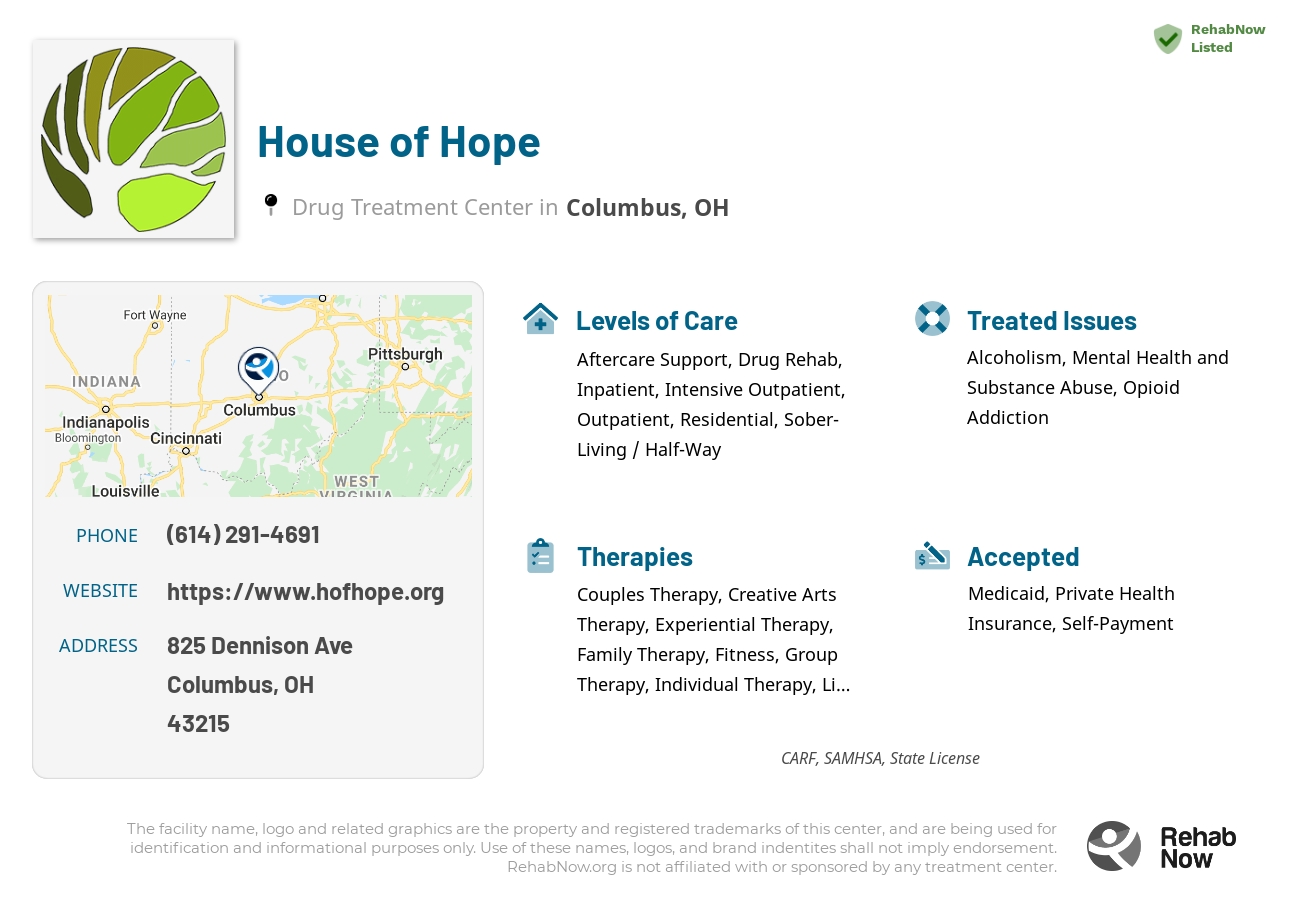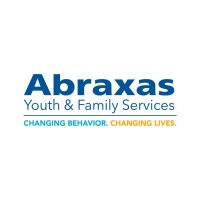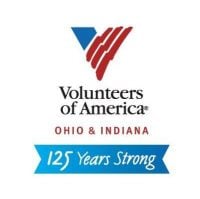About This Ohio Facility
House of Hope is a drug and alcohol treatment facility located in Columbus, Ohio. Their mission focuses on providing comprehensive care to those struggling with addiction, empowering them to overcome their challenges and embrace a life of sobriety.
The facility offers a holistic approach to treatment, creating a comfortable and distraction-free environment conducive to healing. House of Hope's residential program provides a safe haven for individuals with severe symptoms, allowing them to receive round-the-clock care and support.
Accredited by CARF, SAMHSA, and the State of Ohio, House of Hope ensures its clients receive high-quality, evidence-based treatment services. The facility offers a range of programs, including inpatient, intensive outpatient, and outpatient care, tailored to each individual's unique needs.
- Residential setting with boutique amenities
- Comprehensive care team for personalized treatment plans
- Educational counseling on addiction and coping strategies
House of Hope specializes in treating various addictions, including alcoholism, opioid dependence, dual diagnosis, and substance abuse disorders. The facility recognizes that recovery is an ongoing journey and provides aftercare support, recovery residences, and community resources to help clients maintain long-term sobriety.
Genders
Ages
Modality
Additional
Accreditations
State License
SAMHSA

CARF
The Commission on Accreditation of Rehabilitation Facilities (CARF) is a non-profit organization that specifically accredits rehab organizations. Founded in 1966, CARF's, mission is to help service providers like rehab facilities maintain high standards of care.
Conditions and Issues Treated
Opioid Addiction Treatment supports people recovering from addiction to prescription drugs as well as illegal opioids. This is a hospital-based or residential treatment. Depending upon one’s age, detox without the appropriate medication may be unpleasant or even dangerous–some get body aches, fever, chills, while others may even have seizures.
Opioid treatment involves medically assisted detox, physical and mental support. Most rehabilitations use an array of treatments to ensure overall wellbeing, such as Medication-assisted therapy (MAT) in which one gets behavioral therapy, medicines, and counseling. A client-centered approach can reduce one’s chances of relapse. Therapists at work with the client to figure out environmental and behavioral triggers, giving them the power to change the patterns.
Levels of Care Offered at House of Hope
This center offers a variety of custom treatment tailored to individual recovery. Currently available are Aftercare Support, Drug Rehab, Inpatient, Intensive Outpatient, Outpatient, Residential, Sober-Living / Half-Way, with additional therapies available as listed below.
An inpatient is a person who stays in a hospital or rehab center during treatment. For alcohol- and drug-dependent individuals, inpatient rehabs provide individualized around-the-clock services. Inpatient treatment programs address a person’s unique physical, medical, and psychological needs. A team of experts assess the severity of the addiction and design a highly tailored program. typically, the length of stay in an inpatient facility in Columbus, OH is 30 days. Those with severe addiction may need to stay at the facility for 60 to 90 days.
Daily trips to the hospital that provides the treatment include intensive outpatient services (IOP). IOP in Ohio is appropriate for patients in residential recovery facilities that have been diagnosed with addiction. Patients return to their everyday lives gradually, increasing the likeliness of success in treatment.
Outpatient rehabilitation is a treatment that exists if a patient is not checking into House of Hope long term. In addition to helping them recover, the patient attends regular therapy sessions and detox and participates in other therapies. However, this is all primarily done from home. As a follow-up to inpatient treatment, outpatient treatment is usually recommended.
After rehabilitation, it helps people return to their everyday lives. It may also be an alternative to inpatient care in some situations. If they cannot leave their jobs, children, or don’t have the money for inpatient care, people can choose this method. Inpatient therapy, however, is the best method and most suggested level of treatment offered by House of Hope in recovering from addiction.
A sober living home in Columbus, OH, also known as an SLH, is much like a halfway house. It is halfway between a drug or alcohol treatment facility and living at home. There are some specific rules and regulations residents must follow, like attending mandatory meetings, and household chore-type activities.
Residential treatment programs are those that offer housing and meals in addition to substance abuse treatment. Rehab facilities that offer residential treatment allow patients to focus solely on recovery, in an environment totally separate from their lives. Some rehab centers specialize in short-term residential treatment (a few days to a week or two), while others solely provide treatment on a long-term basis (several weeks to months). Some offer both, and tailor treatment to the patient’s individual requirements.
Treatment for substance abuse does not cease after an individual successfully completes a detox or rehabilitation program. A vital follow-up treatment service is aftercare support provided to individuals at House of Hope in Ohio after they attain initial sobriety.
Aftercare support often takes the following forms: 12-Step Programs, Outpatient Treatment Programs, and Support Groups. The most effective aftercare programs are tailored to meet an individual’s specific needs and circumstances.
Therapies & Programs
Individual therapy involves one on one sessions between the patient and the therapist at House of Hope. Individual therapy provides patients with a safe environment where they can openly discuss their problems with the therapist. The patients find the therapist as a person who they can trust. It helps them to open up and discuss personal and sensitive issues, which they may not be comfortable discussing in a group setting.
Individual therapy aims to identify the core issues that would have led the patient to substance abuse and address the root cause effectively. The therapist can develop patient-specific customized solutions through individual therapy, which aids speedier recovery.
Addiction and alcoholism always harm an addict’s relationships with others and none more than relationships with a spouse or partner. Couples therapy is an essential part of restoring trust and good communication to intimate relationships harmed by addiction. Couples therapy by House of Hope helps repair the damage done to these important relationships.
Recovery can be more effective if the entire family’s involved. Family therapy hosted by House of Hope brings in the addict’s family to explore genetic factors. It gives loved ones the tools for dealing with addiction and its underlying mental issues. It is a recommended step in helping addicts adapt to sober living.
Rehabilitation is not just limited to bringing an individual out of addiction and achieving sobriety. It is considered complete only when an individual starts leading a normal and balanced life. Life skill therapy focuses on the various skills that helps an individual to lead a normal life. Patients often do not take care of themselves, struggle professionally and withdraw from social interaction due to the physical and emotional disturbances caused by addiction.
Life skills therapy helps them to improve various personal, professional and social skills such as cooking healthy meals, maintaining proper hygiene, budgeting, decision making, time management, regulation of emotions and resolving the interpersonal conflicts effectively.
The right diet can improve a person’s general outlook, sleep habits and thought processing skills. MNT also lowers the occurrence of chronic diseases such as adult-onset diabetes. Dieticians like those at House of Hope in Columbus, OH believe that nutrition therapy is the key to making significant lifestyle changes.
Nicotine Replacement Therapy (NRT) uses low dose nicotine products to ween smokers away from cigarettes. The products get nicotine into the bloodstream without smoking reducing addiction to the physical habit. It also allows addicts to adjust to lower doses to reduce withdrawal symptoms.
Patient Experience
Creative Arts
It is believed that enhancing creativity and developing skills related to it can help people with addiction recover faster. Activities such as painting, writing, acting, and dancing are considered therapeutic and hosted and managed by House of Hope in Columbus, Ohio. They become outlets for patients to blow off steam, channel their emotions, and express their thoughts.Experiential Therapy at House of Hope
Experiential therapy involves recreating or creating new experiences for the patient. Many people struggled with past issues such as memories or trauma. By creating a new experience, it allows people to work through the issues associated with those moments in a new experience. This can give them a new measure of control and can help them role play a new scenario. That can help push addiction into their past and help them begin the healing process.
Fitness Therapy
Opting for fitness therapy allows someone to get through addiction recovery while effectively rebuilding their body. This is a great type of therapy to pair with nutritional therapy, as the combination of getting fit and eating right can help someone in recovery feel better and make healthier choices from the start. This therapy offered by House of Hope in Columbus, OH establishes a firm connection between the body and mind, and teaches how to make healthy life habits that do not involve addiction.
Payment Options Accepted
For specific insurance or payment methods please contact us.
Is your insurance accepted?
Ask an expert, call (888) 674-0062
Additional Details
Specifics, location, and helpful extra information.
Columbus, Ohio 43215 Phone Number(614) 291-4691 Meta DetailsUpdated April 15, 2024
Staff Verified
Patient Reviews
There are no reviews yet. Be the first one to write one.
Columbus, Ohio Addiction Information
Ohio is suffering from a drug abuse problem that is costing thousands of its residents their lives every single year. Opioids, particularly Fentanyl and heroin, are the leading drugs in the state. The state ranks in the top 10 for illicit use of painkillers. Opioid-related overdose rates in Ohio are by far some of the highest in the country.
The drug addiction problem in Columbus, Ohio, is unfortunately quite bad. According to recent statistics, approximately 107,000 people in Columbus struggle with some form of addiction. This means that approximately 8% of the population is addicted to drugs or alcohol. The most common drugs of abuse include heroin, cocaine, and methamphetamine. The rehab center will likely include detoxification, group and individual therapy, and aftercare planning into the treatment plan.
Treatment in Nearby Cities
- Fairlawn, OH (108.3 mi.)
- Springfield, OH (42.6 mi.)
- Mount Vernon, OH (39.9 mi.)
- Fairborn, OH (54.7 mi.)
- Orrville, OH (88.8 mi.)
Centers near House of Hope
The facility name, logo and brand are the property and registered trademarks of House of Hope, and are being used for identification and informational purposes only. Use of these names, logos and brands shall not imply endorsement. RehabNow.org is not affiliated with or sponsored by House of Hope.












